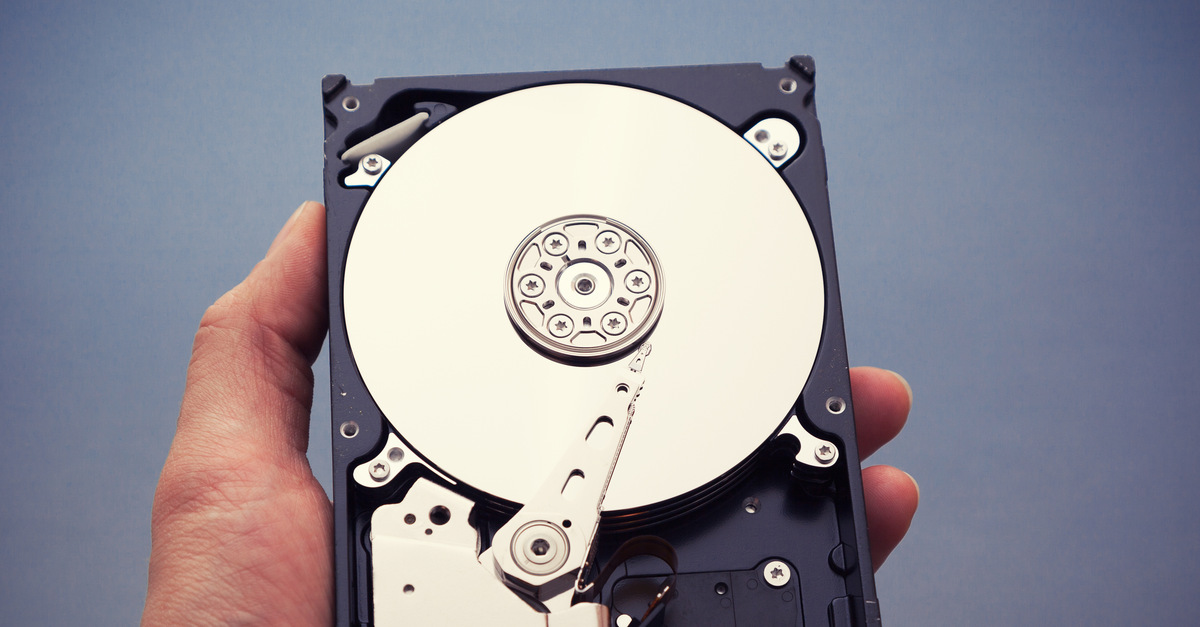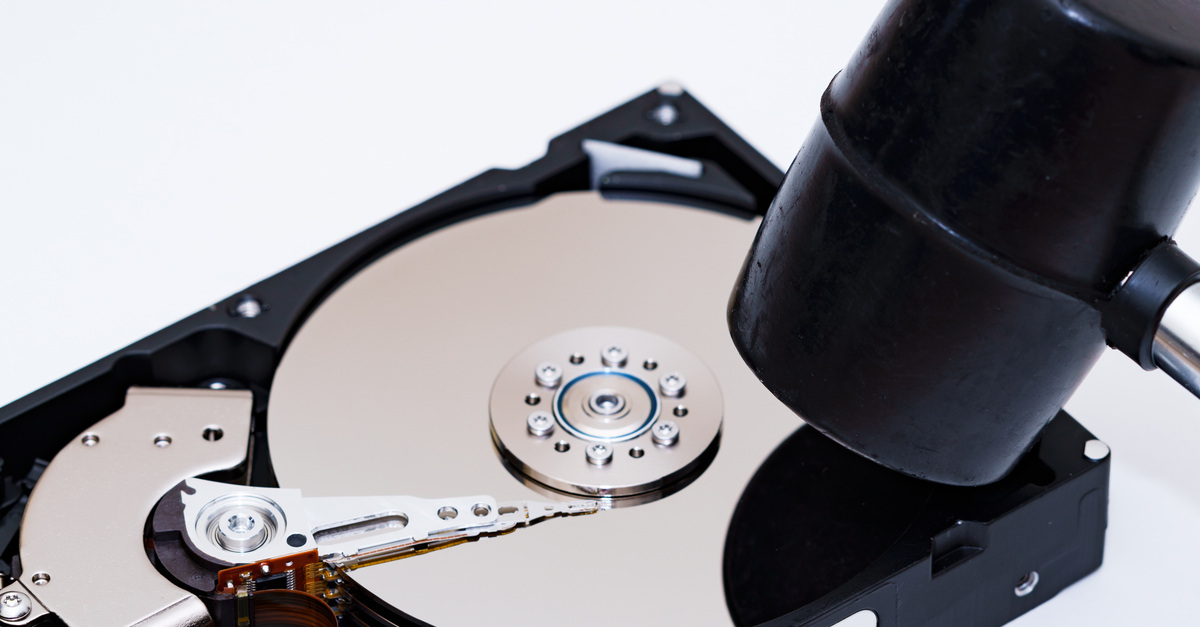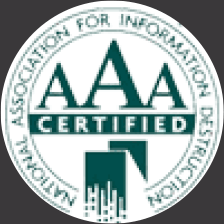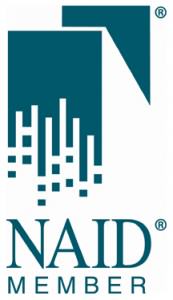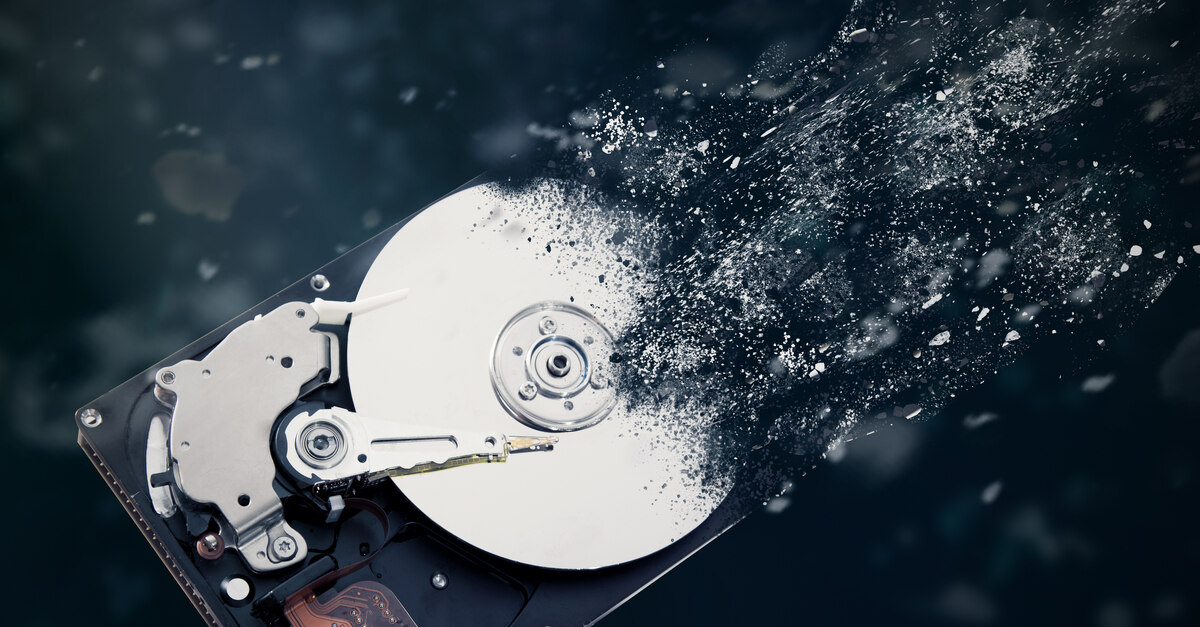
When you think about safeguarding your business, protecting your physical property, or securing your online systems, physical security probably comes to mind first. But where do old or outdated hard drives fit into your plans? For small businesses that often operate on tighter budgets and with less robust IT departments, proper hard drive destruction is absolutely essential.
This guide explores the importance of hard drive destruction for small businesses, why it matters, and the legal and environmental considerations surrounding it. Explore the best methods to securely destroy hard drives and why prioritizing destruction can save both your reputation and your bottom line.
The Risks of Not Properly Destroying Hard Drives
Do you think a wiped or discarded hard drive is harmless? Think again. Hard drives often contain sensitive company data, such as financial records, client information, and proprietary business strategies. If improperly disposed of, they can become a goldmine for hackers and identity thieves.
Data Breaches and Financial Implications
Data breaches caused by improperly disposed-of hardware can result in stolen client information or business secrets. A single breach can cost tens of thousands of dollars or more in financial loss, fines, and legal fees. Beyond the economic aspect, your company may face lasting damage to its reputation, causing customers and clients to lose trust in your business.
Competitor Access to Proprietary Data
Improperly destroyed hard drives can also fall into the hands of competitors. Sensitive information, such as marketing plans, product designs, or employee records, could be used against you in your industry. Protecting your small business means ensuring every scrap of sensitive data is eradicated before it leaves your premises.
Legal Obligations and Compliance
If financial losses weren’t enough of a concern, the legal ramifications of failing to properly dispose of hard drives could be even more disastrous. Small businesses are subject to numerous laws governing data protection, and non-compliance can lead to steep penalties.
Regulations Impacting Small Businesses
There are a variety of legal obligations that small businesses must follow when handling private information. Key data protection laws include:
- The Federal Trade Commission (FTC) Disposal Rule: This regulation requires businesses to properly dispose of consumer information derived from credit reports.
- The California Consumer Privacy Act (CCPA): If you serve Californian consumers, maintaining privacy standards means adhering to secure disposal practices.
- The General Data Protection Regulation (GDPR): Businesses handling information on EU citizens must ensure the secure destruction of personal data.
Certain industries, such as healthcare and finance, have even stricter regulations. Small businesses can no longer afford to overlook data protection. Failure to comply with these regulations could lead to significant financial penalties or legal action from affected parties.
The Environmental Impact
In addition to security, hard drive destruction is also about sustainability. An estimated 50 million metric tons of e-waste is created globally every year, with only a small percentage being recycled properly. Hard drives contain materials like metals and plastics that can harm the environment when improperly disposed of, such as contributing to pollution and the depletion of natural resources.
E-waste is becoming a growing global issue, but small businesses can contribute to a greener future by disposing of old drives responsibly. Below are several ways that improper e-waste disposal can negatively impact our environment as well as several solutions that can help improve the situation.
- Electronic waste pollution: Improper disposal of hard drives contributes to the growing problem of e-waste, which often ends up in landfills, releasing toxic substances into the soil and water. To avoid contributing to pollution, partner with certified e-waste recyclers who ensure safe and eco-friendly disposal.
- Resource depletion: Hard drives contain valuable materials like aluminum and rare earth metals, which are finite resources. Discarding them wastes potential opportunities for reuse. Instead, opt for recycling programs that recover and repurpose these materials.
- Carbon footprint: Manufacturing new hard drives requires significant energy and raw materials, adding to greenhouse gas emissions. Recycling and refurbishing hard drives reduces the demand for new production.
- Data security risks: Improperly discarded hard drives can lead to data breaches, harming both the environment and your organization’s reputation. Instead, use secure destruction services that comply with environmental standards and recycle the remains responsibly.
By properly managing your hard drive disposal, you not only protect your data but contribute positively to the environment.
Methods of Hard Drive Destruction
When it comes to securely destroying hard drives, you have a variety of methods to choose from. Each method has its pros and cons, depending on your budget and security needs.
Physical Hard Drive Destruction
- Shredding: Industrial shredders crush hard drives into small fragments, rendering them unusable.
- Drilling/punching: Physically drilling holes through the platters of the hard drive prevents data recovery.
- Smashing: This DIY approach involves physically breaking the drive with tools like a hammer.
Data Wiping and Overwriting
- Data erasure software: Tools like DBAN or Blancco overwrite existing data on a hard drive multiple times, making it challenging to retrieve.
- Format and encryption: Formatting alone may not be secure, but combining encryption with multiple overwrites can add a layer of security.
Other Methods
- Degaussing: Degaussing uses a powerful magnetic field to erase data by disrupting the magnetic domains. However, this method renders the drive inoperable and may not work on all modern SSDs.
For the highest level of security, physical destruction is often the preferred choice, while data wiping may suffice for less critical drives.
Tips for Choosing Between DIY and Professional Services
Small business owners may wonder if DIY options are enough or if professional hard drive destruction services are worth it. You should consider a DIY approach if you have a small number of drives to destroy or your data isn’t highly sensitive. Additionally, you should only attempt a DIY strategy if you have the right tools and know-how.
On the other hand, you should hire professional services if you’re handling a large volume of drives or the data on the drives is sensitive or confidential. If you need documentation for compliance purposes, you should also consider hiring professional services. Professional services often provide certifications that prove your drives were destroyed securely, giving you peace of mind and legal protection.
Choosing a Reliable Hard Drive Destruction Service
If you opt for professional help, be sure to choose a reputable vendor. Here’s what to look for:
- Certification and standards compliance: Look for NAID-certified providers or services that comply with industry standards such as ISO.
- On-site vs. off-site services: On-site services destroy hard drives at your location, while off-site services transport them securely for destruction elsewhere.
- Recycling options: Ensure the provider also recycles the destroyed drives responsibly to ensure your business is both secure and eco-friendly.
- Clear documentation: Make sure they provide a Certificate of Destruction for compliance and record-keeping.
By working with a reliable service provider, you save time and ensure maximum security and compliance.
Make Secure Disposal a Priority
When it comes to safeguarding data, hard drive destruction for small businesses matters a lot. From mitigating data breach risks to meeting compliance requirements and protecting the environment, secure disposal offers a host of benefits you can’t afford to ignore.
Before discarding your next hard drive, take a moment to evaluate whether your practices are secure enough. At Intellishred, we’re dedicated to secure hard drive destruction, allowing you to focus on providing the best service to your clients. See how we can help improve your data management practices today. Your peace of mind and your customers’ trust are worth it!



